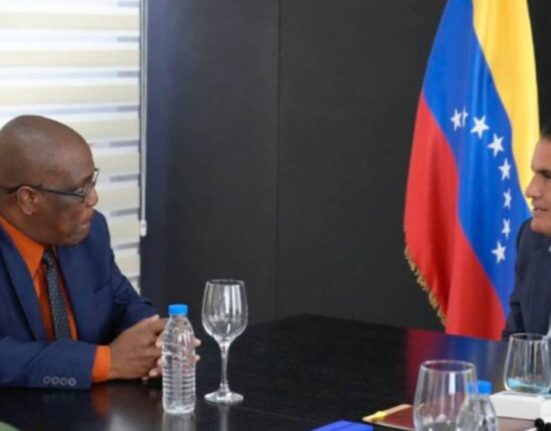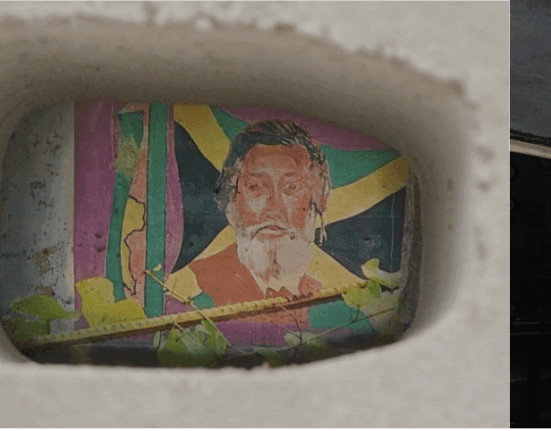Bokeo province, Laos – Picture this: Khobby, living comfortably in Dubai, receives an exciting offer for a well-paying job in Southeast Asia. The lure of good money and a promising office job entices him to move to Laos – a country nestled amongst China, Thailand, Cambodia, Vietnam, and Myanmar. Little did he know that this seemingly perfect opportunity would quickly turn into a nightmare.
Upon his arrival in Laos, Khobby’s Ghanaian passport was seized by his new employers. Threatened with harm and unable to leave the compound where he was forced to work long hours alongside other African workers, he realized the harsh reality of being ensnared in an online cyber-scam operation thriving in Southeast Asia.
“When I got there…each person had 10 phones…That was when I realised this was a scamming job,”
Khobby recounted his shocking discovery upon reaching Laos.
The Golden Triangle Special Economic Zone (GTSEZ), where these cyber-scam activities take place is an autonomous territory within Laos leased by Chinese national Zhao Wei. This area functions as a miniature casino city dominated by Zhao Wei’s Kings Romans casino – described by the US Treasury as a hub for criminal activities like money laundering and wildlife trafficking.
Life inside this enclave revolves around elaborate construction projects and relentless online scamming operations occurring within nondescript tower blocks where thousands of trafficked workers from various countries are coerced into swindling unsuspecting victims worldwide.
Khobby revealed how his supposed “data entry
” role actually involved participating in the insidious practice known as “
pig butchering”. Victims are groomed over time through calls or messages until they invest substantial amounts of money which are then swiftly stolen by the scammers – leaving no trace behind.
This cyber-scam industry flourished during the COVID lockdowns of 2019 and 2020 with technological advancements enabling scammers to operate across borders seamlessly. Experts estimate that cyber-scams generate billions annually across Southeast Asia with operations expanding into neighboring countries like Cambodia and conflict-ridden Myanmar.
Eric Heintz from International Justice Mission highlighted the complexity surrounding repatriating trafficking victims who may be deemed complicit due to receiving initial salaries before being entrapped in cycles of abuse at these scam centres.
In Jojo’s story from Uganda working as a maid before being lured into the same web of deception as Khobby; she vividly described the high-pressure environment filled with adrenaline and fear orchestrated by Chinese bosses demanding money at any cost – resorting to physical violence when targets were not met.
Despite enduring harrowing experiences within these scam compounds characterized by strict surveillance and coercion tactics employed on workers; both Khobby’s boldness stemming from his upbringing surrounded by law enforcement figures back home and Jojo’s determination to expose the harsh realities faced by trapped individuals shed light on the urgent need for heightened awareness at all levels against such exploitative practices.









Leave feedback about this